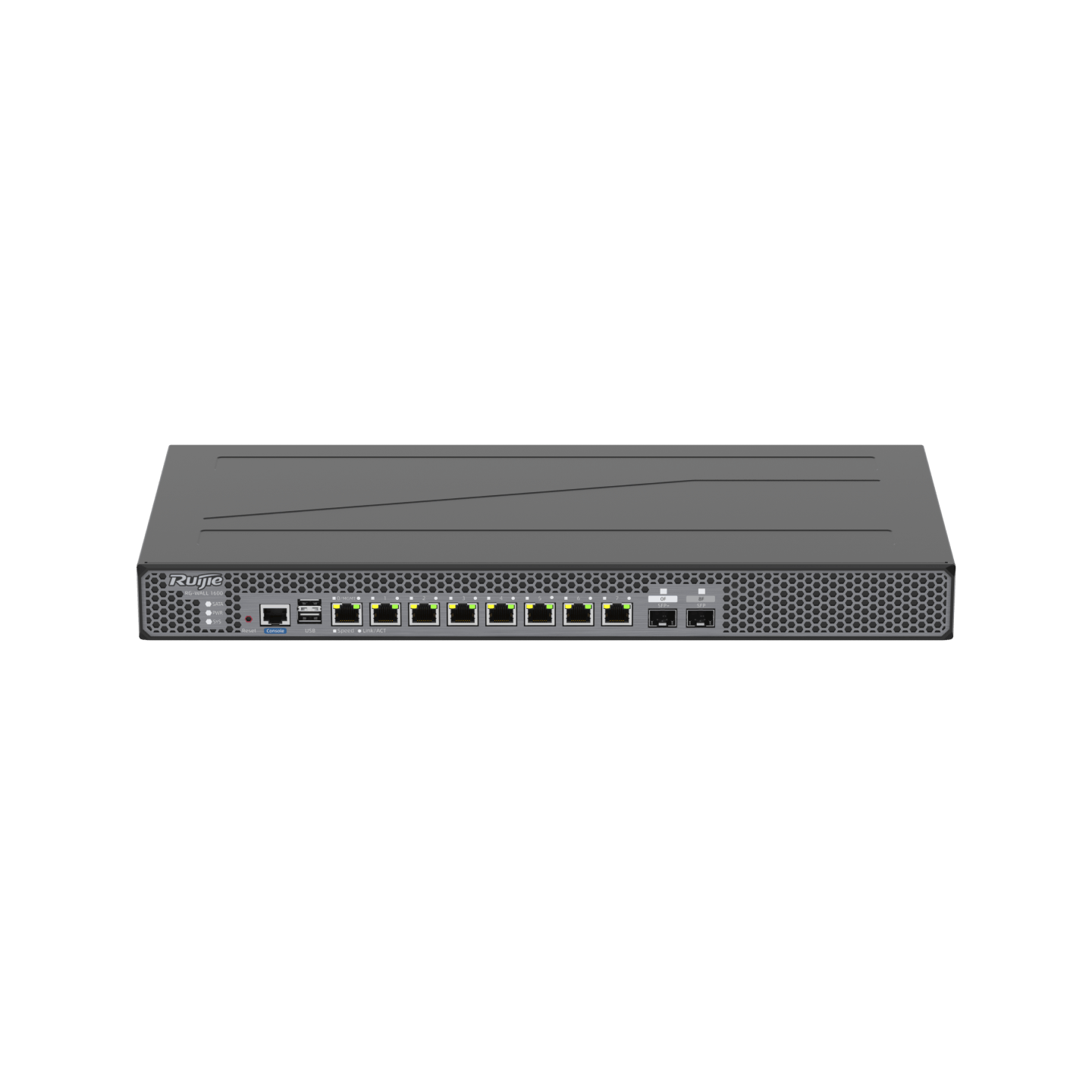With the rapid evolution of network and information technologies, digital transformation has become a necessity for enterprises. Against this backdrop, enhancing network security and safeguarding digital assets have become paramount concerns for enterprises. According to a recent survey report Cybersecurity for SMBs: Asia Pacific Businesses Prepare for Digital Defense, more than half (56%) of Asia Pacific SMBs have experienced a cyber incident in the past year with many falling victim to cybercrime. In the digital era, enterprise network security is of great importance. As the first line of defense, firewalls are essential in maintaining network security. This article will help you select the most suitable enterprise-level firewall tailored to your enterprise's specific needs.
1. Requirement Assessment
To begin, it's essential to evaluate your network's security requirements:
2. Importance of Performance Indicators
Performance indicators of the enterprise-level firewall are key factors for selection, including:
● Throughput: indicates the data traffic processing capability of a firewall, measured in Gbps.
● Number of concurrent sessions: How many sessions the firewall can manage at the same time.
● New session creation rate: shows the number of new sessions that can be established per second on a firewall.
3. Advanced Security Features
Modern enterprises face an ever-growing landscape of complex security threats. Consequently, selecting a firewall equipped with the following advanced security features is essential:
● Intrusion Prevention System (IPS): identifies and blocks malicious network activities.
● Antivirus (AV) and anti-malware: Essential for protection against viruses and other malware
● Content filtering: controls or blocks access to specific types of content.
● Application control: manages and controls access to specific applications.
4. Ease of Management and Scalability
A firewall should not only be secure but also easy to manage and scalable. An easy-to-manage firewall can slash the O&M costs of enterprises. In addition, it is important to consider the scalability of the firewall to allow function expansion by adding licenses or modules as the enterprise grows.
5. Compliance and Certification
Ensure that the selected firewall complies with industry security standards and regulations. Check whether the firewall has passed security certification, such as ISO or Gartner Magic Quadrant.
6. Customer Support and Services
Choose a vendor with strong support:
● Technical Support: Availability for troubleshooting.
● Training: To help your team operate the firewall effectively.
● Professional Services: For tailored solutions.
Summary
Based on the preceding considerations, we recommend Ruijie Z series next-generation firewalls.This firewall features high performance with throughput up to 3 Gbps, guaranteeing smooth network connection under heavy load. Moreover, the firewall supports 500,000 concurrent sessions, enabling large-scale user access and meeting expansion requirements. With 1.8 Mpps packet processing rate, the firewall can offer accurate data transmission.
In addition to the traditional packet filtering function, Ruijie Z series firewalls also provide advanced security functions including status check, antivirus, intrusion prevention, threat intelligence, application identification, and webpage filtering. Ideal for deployment at the network perimeters of educational institutions, SMBs, healthcare facilities, government bodies, and data centers, this firewall provides comprehensive security defenses including access control and intrusion prevention. For more information, visit Ruijie Z series next-generation firewalls.
Featured blogs












